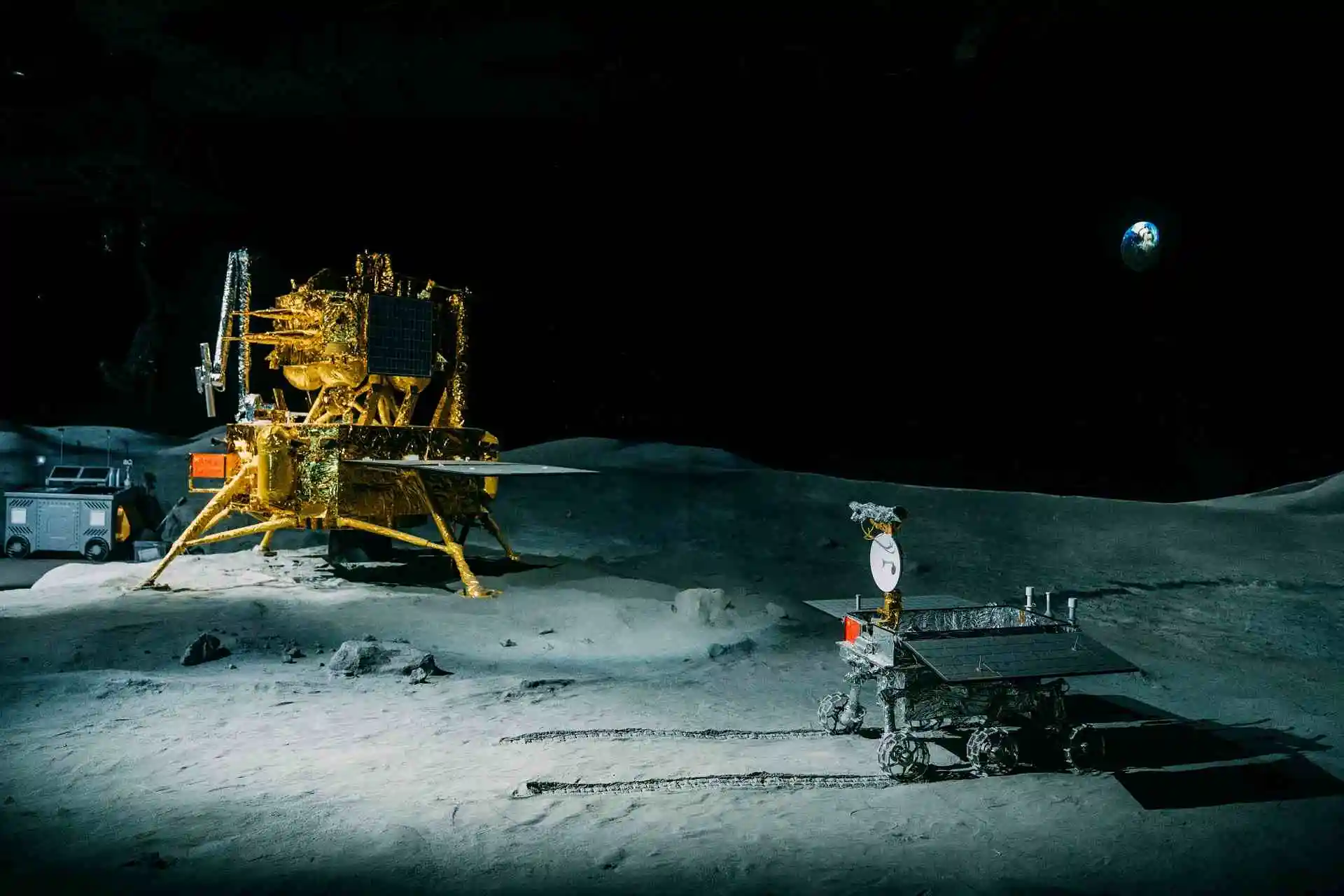Two renowned companies, Lonestar and Phison, have joined hands to set up a space-based data center in space. They are using a SpaceX rocket, loaded with SSDs, to launch a data center infrastructure scheduled to land on March 4.
Lonestar and Phison Set up Data Center Through SpaceX Rocket
Before getting a news briefing, it would be best to go back to history and understand what Lonestar and Phison are.
Lonestar Data Holdings Inc. popularly known as Lonestar, is a data storage company. It is a pioneer in offering data storage from the Moon. On the other hand, Phison Electronics Corporation is a public electronics firm that deals in semiconductors and storage.
Recently, both companies devised a plan to launch a data center on the moon. A SpaceX rocket carrying multiple solid-state drives (SSDs) will land on March 4 and help launch a data center infrastructure.
Lonestar customers have installed data in SSDs and plan to launch Moon's first-ever data center. This data center will be unique as it will store around one petabyte.
Lonestar claims that if the idea fits perfectly into the maze, the company will launch six more storage spacecraft in collaboration with satellite manufacturer - Sidus Space. The plan will be implemented between 2027 and 2030. These spacecraft will expand the lunar data center and bring more storage capabilities to space.
Phison and Lonestar Partnership
In 2021, the data storage company collaborated with semiconductors firm. The agenda was to manufacture solid-state drives (SSDs) to use them for space data collection. CEO Lonestar stated that SSDs contain no moving parts and will fit perfectly to excel in various projects.
You must not know that Phison proved extra smart as it had already worked on a project with NASA called Perseverance Rover on Mars. The company worked hard and provided customized storage solutions for space missions. Moreover, Phison and NASA verified and tested the storage solution to claim its errorless working.
Data Centre Launch Plan
Lonestar CEO Chris Stott proposed creating a space-based data center in 2018. However, the only thing that prevented him from implementing his idea was inadequate storage capacity to store data in space. Plus, there was a need for patent storage devices that store data and protect it from cyber-attacks and natural disasters.
After the Apollo mission, technology advanced to sky-height. Stott emphasized that the successful Apollo mission stored only 2 kilobytes of RAM and 36 kilobytes of storage. On the contrary, today’s mission has increased the storage capacity up to 1 gigabyte of RAM and 8 terabytes of storage.
Rocket Carrying Data
The storage spacecraft, SpaceX, had multiple SSDs, and it contained customer data, including space agency projects, government disaster recovery files, and a music video from the Imagine Dragons band.
Competition in Data Storage in Space
Along with Lonestar, Lumen Orbit marks its presence in the competition to launch a data center in space. The increase in the demand for AI-related hardware will also encourage multiple businesses to explore space-based storage options. As a result, there will be never-ending advantages regarding solar energy and storage capacity.

